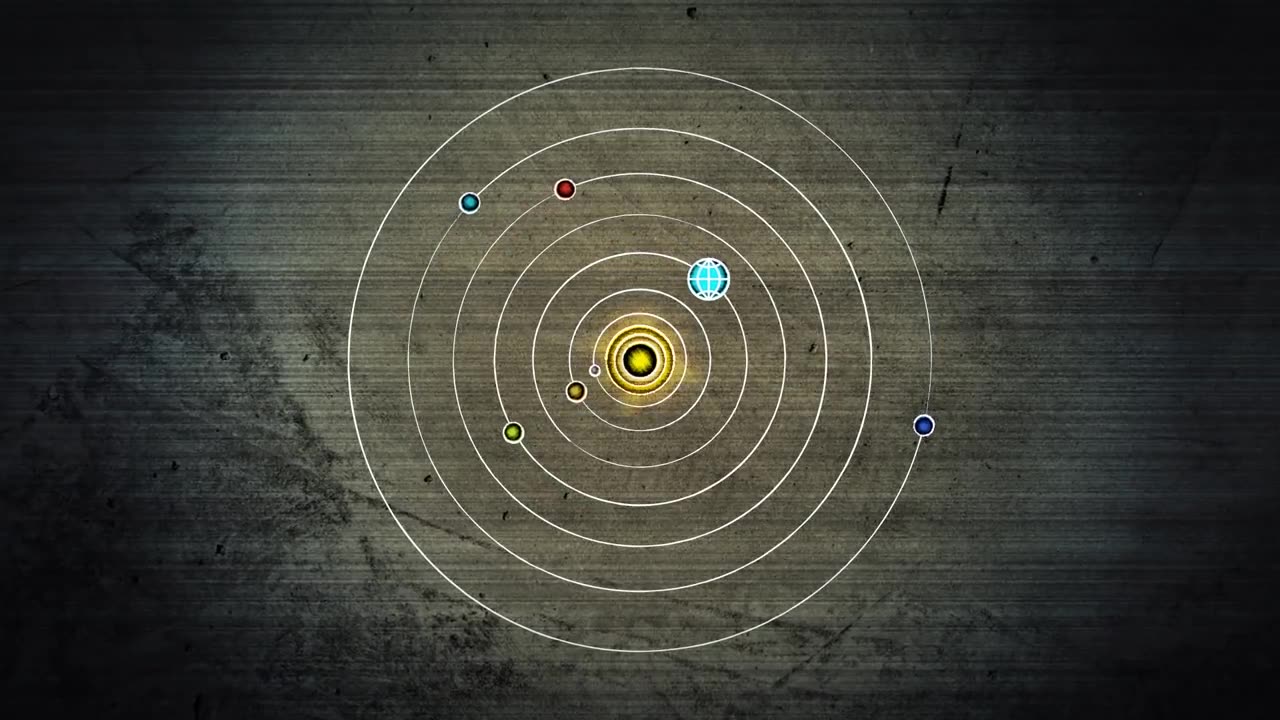Premium Only Content

Philosophy of science Part I
The philosophy of science is a branch of philosophy that explores the nature, foundations, methods, and implications of science. It involves asking fundamental questions about how science works, what it can and cannot achieve, and how scientific knowledge relates to the broader understanding of the world. Some key aspects of the philosophy of science include:
Epistemology:
Epistemology in the philosophy of science deals with questions related to knowledge and justification. How do we come to know what we know? What counts as evidence, and how is scientific knowledge different from other forms of knowledge?
Scientific Realism vs. Anti-realism:
Scientific realism asserts that scientific theories provide approximately true descriptions of the world, even if they may not be entirely accurate. Anti-realism, on the other hand, argues that scientific theories should be considered as mere instruments for predicting and explaining observations, without necessarily representing an underlying reality.
Induction and Deduction:
The problem of induction, famously discussed by philosophers like David Hume, questions the justification for making general claims based on specific observations. Deductive reasoning, on the other hand, involves drawing specific conclusions from general principles.
Explanation and Understanding:
What constitutes a good scientific explanation? How does science contribute to our understanding of the world? Philosophers of science explore these questions by examining the nature of scientific explanations and the relationship between scientific theories and reality.
Scientific Method:
The scientific method is a set of principles and procedures that scientists follow to gain knowledge. Philosophers of science examine the strengths and limitations of the scientific method, the role of observation and experimentation, and how theories are developed and tested.
Social Dimensions of Science:
Science doesn't operate in isolation; it is influenced by social, cultural, and historical factors. The sociology and anthropology of science explore how scientific knowledge is shaped by the communities of scientists and the broader societal context.
Ethics in Science:
The philosophy of science also delves into ethical considerations in scientific research. Questions about the responsible conduct of research, the use of scientific knowledge, and the potential societal impacts of scientific advancements fall within this domain.
Prominent figures in the philosophy of science include Karl Popper, Thomas Kuhn, Imre Lakatos, Paul Feyerabend, and more recently, philosophers like Nancy Cartwright and Ian Hacking. These thinkers have contributed diverse perspectives and theories, enriching the ongoing dialogue about the nature and significance of science.
-
 3:52:05
3:52:05
Akademiks
7 hours agoDay 3/30. Drake Drops lawsuit vs iHeartMedia? Offset and Cardi Calls it Quits. 50 v Jim Jones?
65K5 -
 2:51:55
2:51:55
TimcastIRL
11 hours agoTrump Just FROZE ALL Ukraine Aid After Zelenskyy SCREWED Negotiations w/Viva Frei | Timcast IRL
213K76 -
 9:54:54
9:54:54
Dr Disrespect
19 hours ago🔴LIVE - DR DISRESPECT - PUBG - 5 CHICKEN DINNERS CHALLENGE!
233K27 -
 1:58:28
1:58:28
Kim Iversen
13 hours agoSHOCKED! BETRAYED! RFK Jr. FLIPS on Measles Vaccine? | NATO Trap: Europe Could Drag The US to WW3
121K230 -
 18:37
18:37
Clownfish TV
11 hours agoThe Oscars Just EMBARASSED Disney and Emilia Pérez...
78.1K23 -
 56:28
56:28
Glenn Greenwald
13 hours agoDocumentary Exposing Repression in West Bank Wins at Oscars; Free Speech Lawyer Jenin Younes on Double Standards for Israel's Critics | SYSTEM UPDATE #416
121K95 -
 1:03:34
1:03:34
Donald Trump Jr.
15 hours agoZelensky Overplays His Hand, More Trump Wins, Plus Interview with Joe Bastardi | Triggered Ep.221
190K143 -
 1:13:16
1:13:16
We Like Shooting
23 hours ago $7.41 earnedDouble Tap 399 (Gun Podcast)
69.7K2 -
 1:00:20
1:00:20
The Tom Renz Show
1 day agoTrump Schools Zelensky, The Epstein Files FAIL, & What RFK Will Mean for Cancer
80.9K23 -
 42:47
42:47
Kimberly Guilfoyle
16 hours agoThe Trump effect: More Major Investment, Plus America First at Home & Abroad. Live w/Ned Ryun & Brett Tolman | Ep. 201
155K40